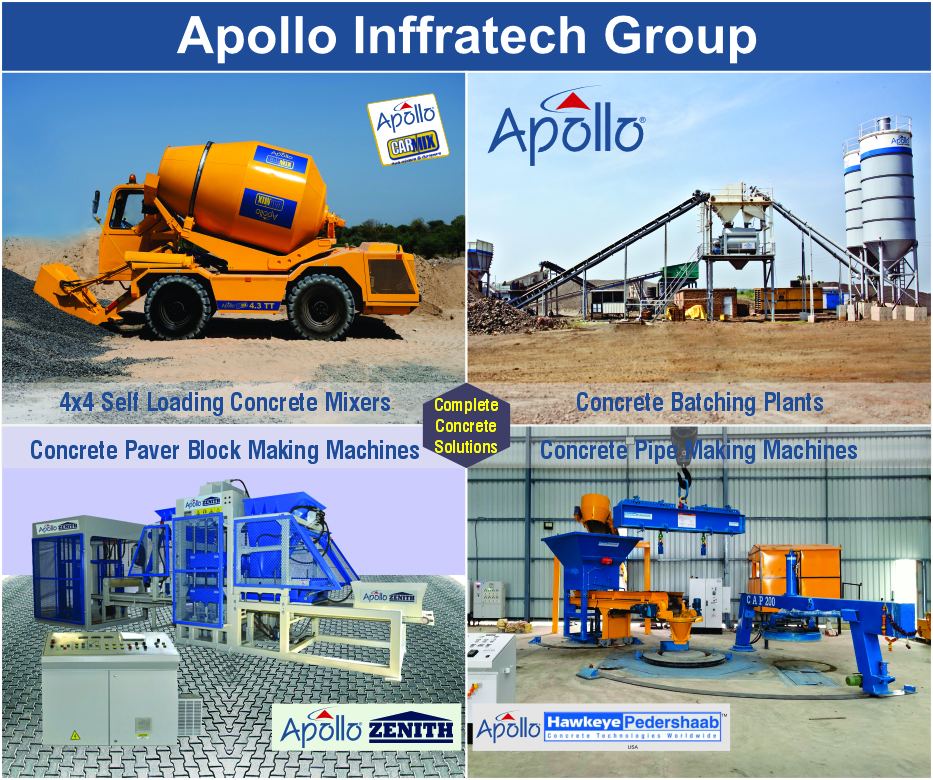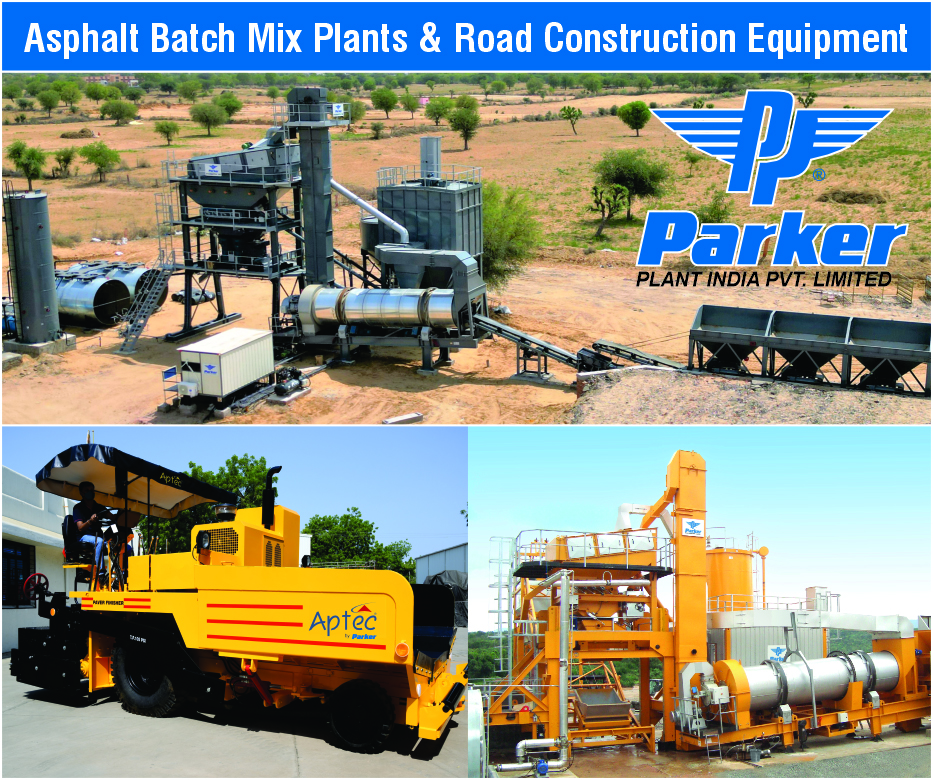Construction’s slow, manual progress tracking methods—often relying on weekly reports, emails, and labor-intensive site walks—are rapidly giving way to AI-based systems, as highlighted by Track3D. According to industry research, large-scale projects typically overrun schedules by 20% and budgets by up to 80%, with poor productivity and delayed updates at the core of the problem.
Track3D emphasizes that traditional tracking fails to detect early deviations, wastes hours each week, and leaves project insights scattered across platforms. Superintendents reportedly spend over 40 hours weekly just documenting progress across floors and trades—yet project visibility remains limited and inconsistent.
The company advocates shifting to AI-powered tools that automatically connect routine photo and video captures to scheduled tasks and construction zones. This enables real-time updates on completed, delayed, or overdue activities and flags mismatches or risks early in the process. AI also improves trade coordination by suggesting work handoffs and highlighting stalled areas at scale.
Track3D’s platform, including its ProgressTrack solution and AI assistant, aims to make progress tracking smarter and more proactive. This upgrade supports better decision-making, timely risk mitigation, and smoother team collaboration—without adding burden to field staff. The future of construction tracking is intelligent, efficient, and data-driven.








